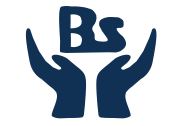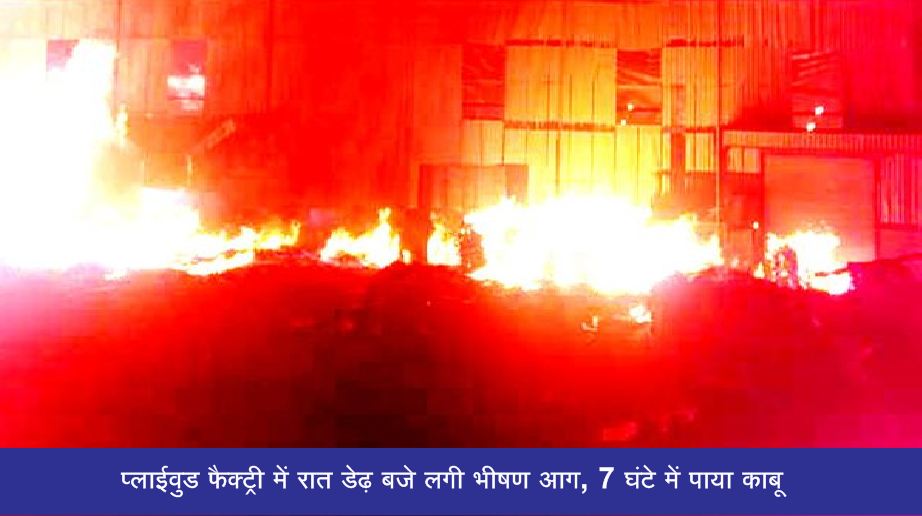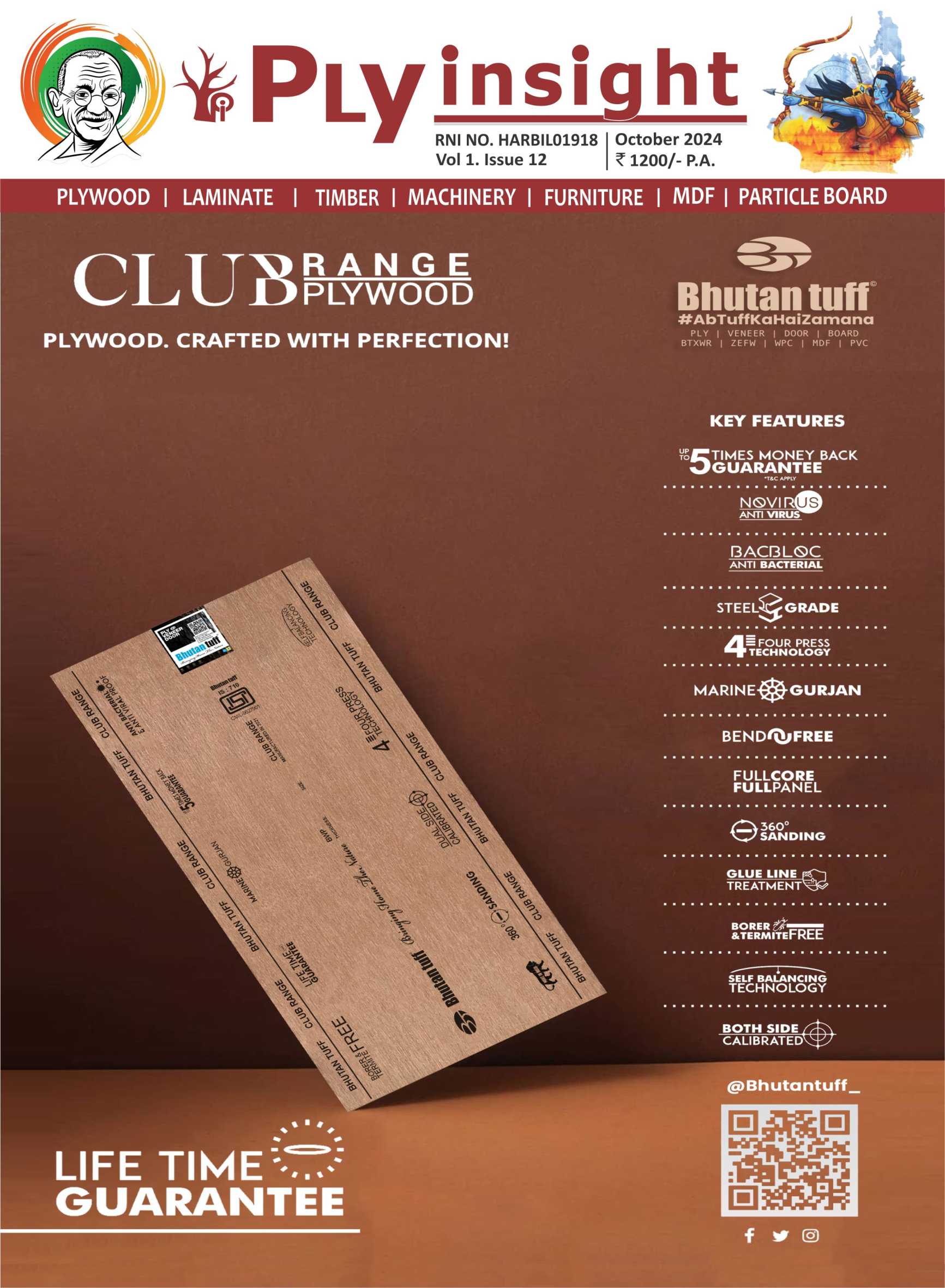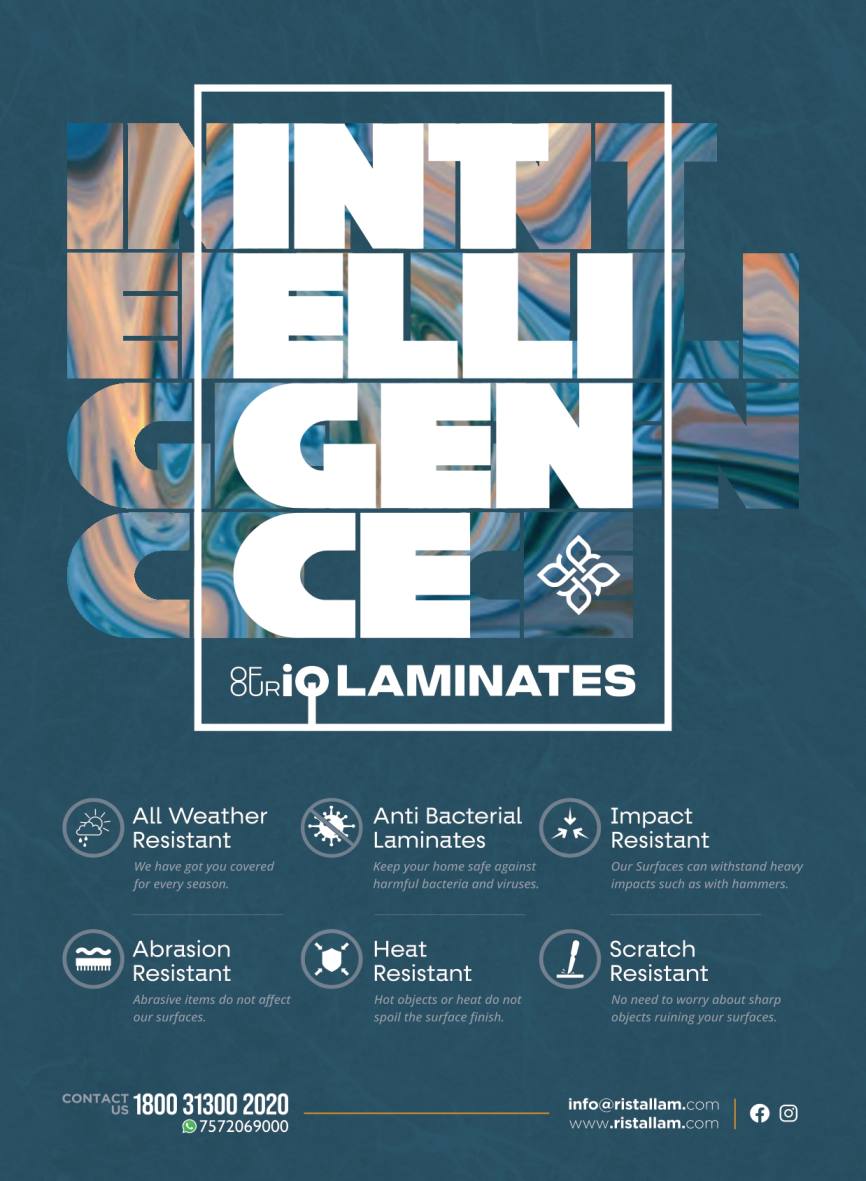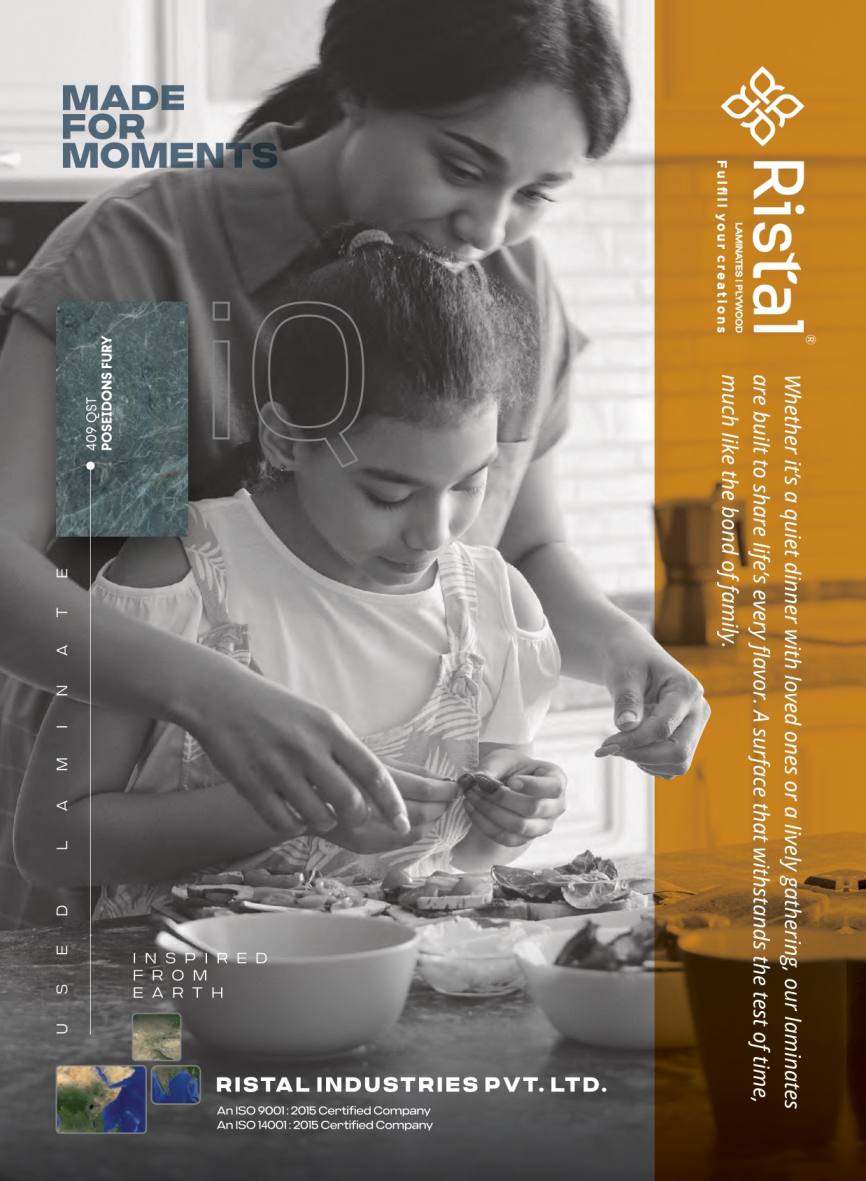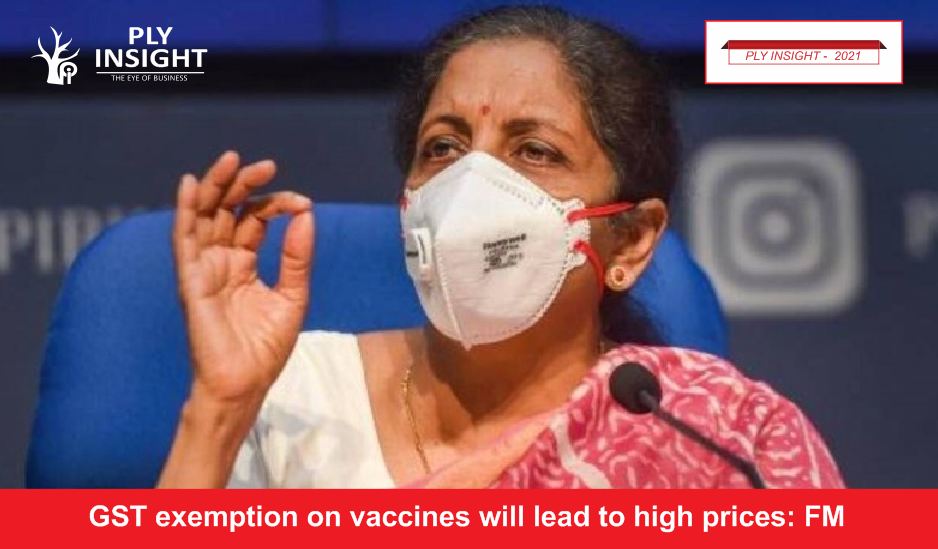
GST exemption on vaccines will lead to high prices: FM
- मई 11, 2021
- 0
Demands to exempt Covid-19 vaccines and related medicines from GST are growing as the country is fighting the second wave of the pandemic. Several states, including West Bengal, Chhattisgarh, and Punjab, have pitched for the exemption. Former chief economic adviser to the Centre, Arvind Subramanian, has also pressed for suspension of GST and import duties on all goods and services — domestic and imports — related to Covid-19.
“If full exemption from GST is given, the domestic producers of these items would be unable to offset taxes paid on their inputs and input services and would pass these on to the end consumers by increasing their price,” said Sitharaman in a tweet. She said a 5 per cent GST rate ensures that the manufacturer can utilise ITC, and in case of overflow of ITC, claim a refund. Hence, the exemption to the vaccine from GST would be counterproductive without benefiting the consumer.
Sitharaman said Covid-19 vaccines were being given for free to those who are 45 and above.
“On government supplies, GST is paid by the government… from the GST collected on vaccine, half is earned by the center’s and the other half by the states. Further, 41% of center’s collections also get devolved to the states. So, states end up receiving almost 70% of the total revenue collected from vaccines”
But experts say that assumption of FM is partly correct. Selling price consists of raw material cost plus expenses with profit. Where as ITC relates to only GST on purchases. If somehow exemption was formulated, real consumer may have got the benefit of at least GST charged on the second part.
कर छूट से महंगी होंगी कोरोना की दवाएं : वित्त मंत्री
महामारी की दूसरी लहर को देखते हुए कोविड-19 के टीके और संबंधित दवाओं पर कर छूट की मांग हो रही है। पश्चिम बंगाल, छत्तीसगढ़ और पंजाब सहित कुछ राज्यों ने कर छूट पर जोर दिया है। दरअसल भारत सरकार के पूर्व मुख्य आर्थिक सलाहकार अरविंद सुब्रमण्यन ने भी कोविड-19 से जुड़ी घरेलू व आयातित सामग्री से जीएसटी व आयात कर निरस्त करने पर जोर दिया था।
सीतारमण ने इन सामानों पर जीएसटी से छूट दिए जाने की मांग को लेकर ट्वीट में जवाब देते हुये कहा, ‘यदि टीके पर पूरे 5 प्रतिशत की छूट दे दी जाती है तो घरेलू उत्पादकों को कच्चे माल पर दिए गए कर की कटौती का लाभ नहीं मिलेगा और वह पूरी लागत को ग्राहकों, नागरिकों से वसूलेंगे।‘ उन्होंने कहा कि 5 प्रतिशत की दर से जीएसटी लगने से विनिर्माताओं को इनपुट टैक्स क्रेडिट (आईटीसी) का लाभ मिलता है और यदि आईटीसी अधिक होता है तो वह रिफंड का दावा कर सकते हैं। इसलिए टीका विनिर्माताओं को जीएसटी से छूट दिए जाने का उपभोक्ताओं को नुकसान होगा।
केंद्रीय वित्त मंत्री ने कहा कि कोविड-19 टीके 45 साल और उससे ज्यादा उम्र के लोगों को मुफ्त दिए जा रहे हैं। सीतारमण ने ट्वीट में कहा, ‘सरकार की आपूर्ति में सरकार की ओर से जीएसटी का भुगतान किया जा रहा है। टीके पर एकत्र किए गए जीएसटी में आधी कमाई केंद्र सरकार की और आधी राज्यों की हो रही है। इसके अलावा केंद्र को मिलने वाले कर में भी 41 प्रतिशत राज्यों को दिया जाता है। ऐसे में राज्य टीके पर लगने वाले कुल कर का 70 प्रतिशत पाते हैं।’
विशेषज्ञों के अनुसार वित्त मंत्री का बयान अधूरा सच है। विक्रय मूल्य में कच्चे माल की कीमत के साथ खर्चे और मुनाफा जुड़ता है। जबकि आईटीसी का संबंध सिर्फ कच्चे माल की खरीद के ऊपर लगी हुई जीएसटी पर पड़ता है।अगर किसी तरह जीएसटी में छूट का प्रावधान किया जा सकता तो आम जनता को कम से कम दूसरे हिस्से की जीएसटी से राहत मिल सकती थी।
